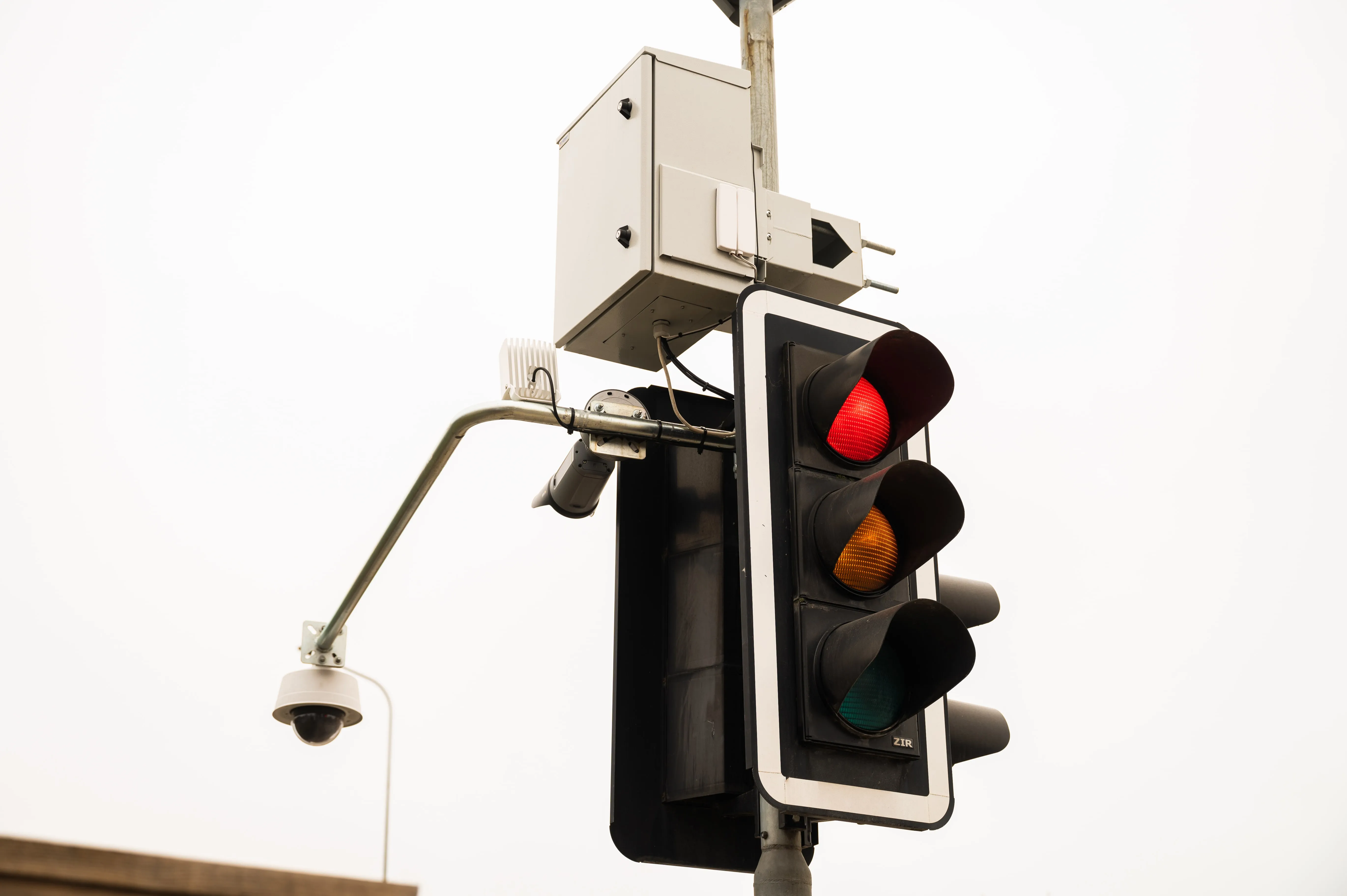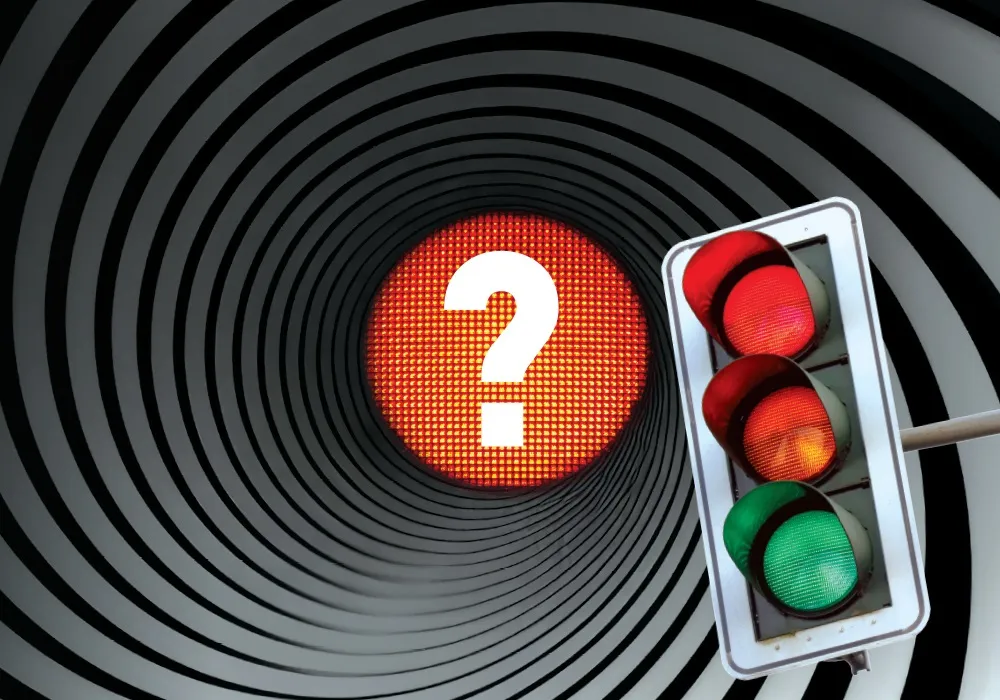An intelligent road stud solution deployed on the A720 Sheriffhall Roundabout, Edinburgh, Scotland, has won two separate industry awards, the CIHT John Smart Road Safety Award at the Chartered Institution of Highways & Transportation annual awards and an award at the 14th annual Scottish Transport Awards.
Clearview Intelligence, working alongside BEAR Scotland and current incumbents Amey, for Transport Scotland, installed the studs on the six-arm roundabout, which connects several important routes, incl
June 22, 2016
Read time: 2 mins
An intelligent road stud solution deployed on the A720 Sheriffhall Roundabout, Edinburgh, Scotland, has won two separate industry awards, the CIHT John Smart Road Safety Award at the Chartered Institution of Highways & Transportation annual awards and an award at the 14th annual Scottish Transport Awards.
Clearview Intelligence, working alongside BEAR Scotland and current incumbents6110 Amey, for 505 Transport Scotland, installed the studs on the six-arm roundabout, which connects several important routes, including the A7 and the A720, and handles upwards of 42,000 vehicles a day.
The roundabout is traffic signal controlled and features spiral markings to guide drivers through the junction to their destination arm. Despite these measures, casualty statistics indicated that Sheriffhall had a high frequency of accidents with some 65 injuries recorded in the 10 years to 2013. Additionally, even minor collisions at this junction have the knock-on effect of causing significant disruption across the network.
Entry to the roundabout from the A720 is traffic light controlled, so the new scheme co-ordinates this signalisation with the installation of the intelligent hardwired road studs to increase driver awareness and improve lane discipline across the A720 routes over the roundabout.
When the traffic signal turns green, the road studs immediately illuminate and guide drivers onto the appropriate lanes of the roundabout. The studs are extinguished when the signal turns red and traffic from other arms may enter the roundabout.
According to independent research by the Transport Research Institute at Edinburgh Napier University in 2015, the studs have a positive impact even during daylight hours; lane transgression rate decreases as traffic flow increases; and driver behaviour was found to be more predictable and consistent post-installation. The scheme has also resulted in a reduction in lane transgression activity across nearly all vehicle types and manoeuvres, while there has been a significant reduction in transgression rate (>50%) for medium-sized vehicles.
Clearview Intelligence, working alongside BEAR Scotland and current incumbents
The roundabout is traffic signal controlled and features spiral markings to guide drivers through the junction to their destination arm. Despite these measures, casualty statistics indicated that Sheriffhall had a high frequency of accidents with some 65 injuries recorded in the 10 years to 2013. Additionally, even minor collisions at this junction have the knock-on effect of causing significant disruption across the network.
Entry to the roundabout from the A720 is traffic light controlled, so the new scheme co-ordinates this signalisation with the installation of the intelligent hardwired road studs to increase driver awareness and improve lane discipline across the A720 routes over the roundabout.
When the traffic signal turns green, the road studs immediately illuminate and guide drivers onto the appropriate lanes of the roundabout. The studs are extinguished when the signal turns red and traffic from other arms may enter the roundabout.
According to independent research by the Transport Research Institute at Edinburgh Napier University in 2015, the studs have a positive impact even during daylight hours; lane transgression rate decreases as traffic flow increases; and driver behaviour was found to be more predictable and consistent post-installation. The scheme has also resulted in a reduction in lane transgression activity across nearly all vehicle types and manoeuvres, while there has been a significant reduction in transgression rate (>50%) for medium-sized vehicles.









